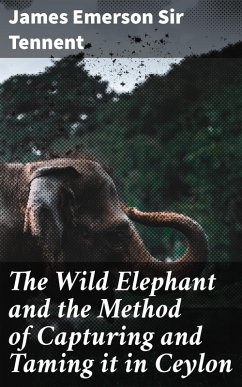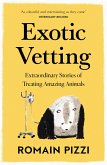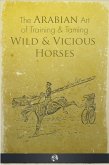James Emerson Sir Tennent's "The Wild Elephant and the Method of Capturing and Taming it in Ceylon" is a groundbreaking exploration of the wild elephant in Ceylon (modern-day Sri Lanka), blending natural history with ethnographic observation. Tennent's meticulous account is characterized by a vivid literary style that captures the majesty and complexity of these magnificent creatures, alongside their intricate relationship with local customs and practices. Through detailed narratives and precise descriptions, he reveals the various methods employed by native populations to capture and train elephants, set against the backdrop of Ceylon's lush landscapes and rich biodiversity. Tennent, a Scottish physician and naturalist, spent significant time in Ceylon during the 19th century, his experiences profoundly shaping his insights into the fauna and culture of the island. His scientific curiosity and deep respect for nature prompted him to document his observations, aiming to enlighten Western audiences about the ecological and cultural significance of elephants. His work reflects his commitment to blending scientific inquiry with an appreciation for local traditions, making his observations invaluable even today. This book is a must-read for anyone interested in zoology, anthropology, or the colonial history of Ceylon. Tennent's unique perspective not only informs about elephant captivity and management but also invites readers to ponder on ethical considerations concerning wildlife. Engaging and richly informative, this text serves as a compelling bridge between past and present understandings of human-animal relationships. In this enriched edition, we have carefully created added value for your reading experience: - A succinct Introduction situates the work's timeless appeal and themes. - The Synopsis outlines the central plot, highlighting key developments without spoiling critical twists. - A detailed Historical Context immerses you in the era's events and influences that shaped the writing. - A thorough Analysis dissects symbols, motifs, and character arcs to unearth underlying meanings. - Reflection questions prompt you to engage personally with the work's messages, connecting them to modern life. - Hand-picked Memorable Quotes shine a spotlight on moments of literary brilliance. - Interactive footnotes clarify unusual references, historical allusions, and archaic phrases for an effortless, more informed read.
Dieser Download kann aus rechtlichen Gründen nur mit Rechnungsadresse in A, B, BG, CY, CZ, D, DK, EW, E, FIN, F, GR, H, IRL, I, LT, L, LR, M, NL, PL, P, R, S, SLO, SK ausgeliefert werden.









